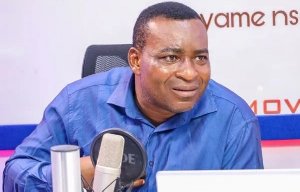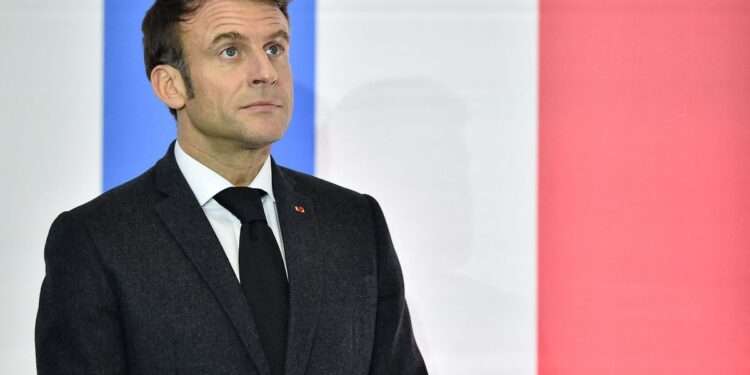The recent helicopter crash involving government ministers has not only drawn national concern but also triggered a wave of public debate over why caretaker ministers were swiftly appointed instead of allowing a Deputy Minister to assume responsibility.
Political activist and lawyer, Oliver Mawuse Barker-Vormawor, weighed in on the matter, stressing the need for constitutional clarity to prevent misinformation from clouding public discourse.
Barker-Vormawor explained that some initial comments circulating on social media dismissed the appointment of caretaker ministers as unnecessary, suggesting that deputies could have filled the void.
He noted that such arguments, while often made casually, are misleading and legally unfounded.
“Of course, as a constitutional lawyer, I dismissed the comment as ignorant and didn’t bother to treat it with any measure of seriousness. Also, I was grieving and just didn’t have the energy to confront madness.”
Oliver Mawuse Barker-Vormawor
However, he observed that as the days passed, conspiracy theories began to gain traction, with some individuals suggesting government collusion in the process.
It was at this point that Barker-Vormawor decided to provide what he described as much-needed education on the constitutional role of a Deputy Minister.
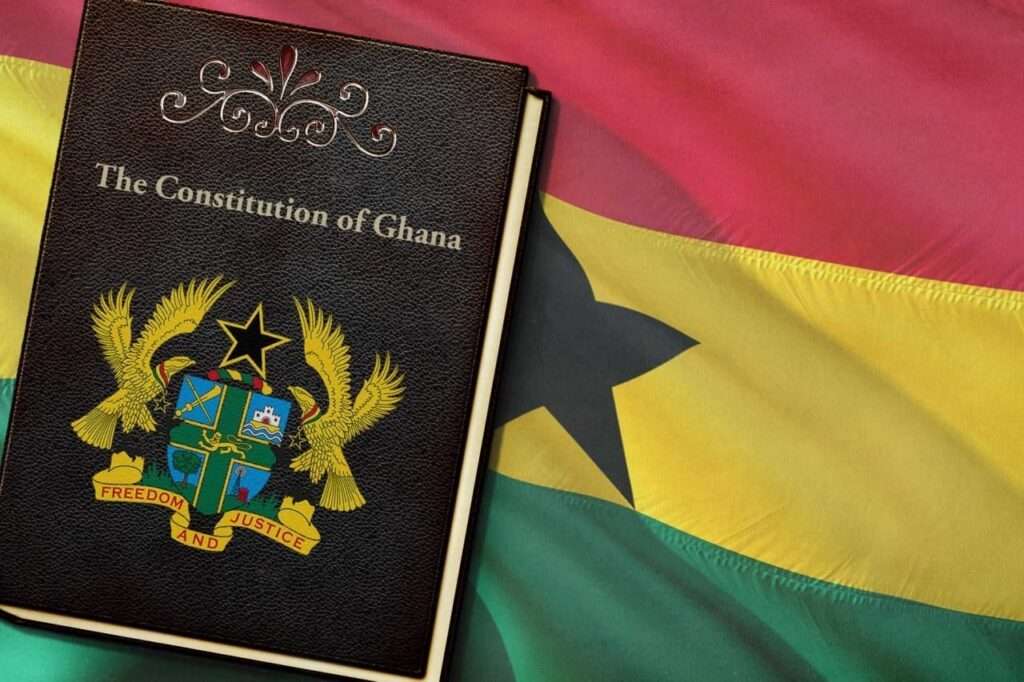
“The mistake that we often make is that once we have heard something that sounds preposterous, our brains assume that everyone else knows it’s preposterous, so we don’t bother to take the time to educate.”
Oliver Mawuse Barker-Vormawor
He argued that misinformation can be powerful, not necessarily because it always stems from malicious intent, but because it thrives on half-truths that prey on curious and unsuspecting minds.
This, he emphasized, is precisely why governments must not overlook misinformation but should address every misconception with straightforward explanations.
In his words, “Answer every little thing with schoolboy clarity. Don’t dismiss anything, just explain it slowly.”
Why Deputy Ministers Cannot Replace Ministers
Barker-Vormawor then laid out the constitutional basis for why a Deputy Minister cannot automatically step into a ministerial role.
He emphasized that the authority of deputy ministers exists only in relation to a minister who is already in office.
“The whole logic of a deputy is that you are a second-in-command. If there is no ‘first-in-command’ (the substantive Minister), then there is no one for the Deputy to legally stand in for. In other words, a Deputy cannot deputise ‘thin air.’”
Oliver Mawuse Barker-Vormawor
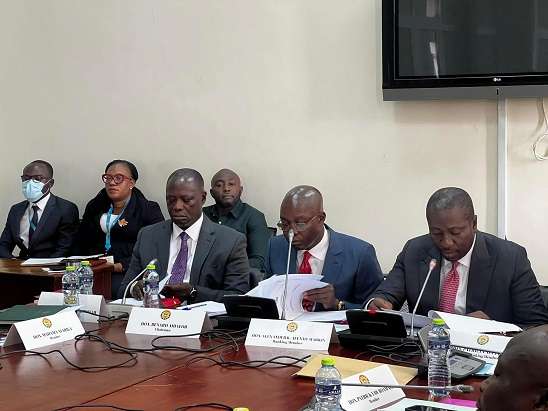
Furthermore, Barker-Vormawor pointed out that only individuals vetted and approved by Parliament as ministers can exercise full ministerial functions.
While a deputy may act temporarily when the substantive minister is absent, that authority is still anchored in the presence of a duly appointed minister. If no minister exists at all, a deputy cannot legally assume that office unless Parliament itself has approved the individual as a substantive minister.
He provided a practical example, citing Deputy Defence Minister Brogya Genfi, who could not constitutionally act as Defence Minister merely because he held a deputy title.
If Brogya had stepped into that role without parliamentary approval, it would amount to exercising powers without lawful authority—a direct violation of constitutional provisions.
The President’s Swift Decision
Barker-Vormawor also emphasized that the President acted out of necessity when appointing caretaker ministers immediately after the accident.
He explained that certain ministries are critical to national security and governance, and delays in leadership could have led to administrative paralysis.
In his analysis, the appointment of caretaker ministers ensured continuity, while allowing deputies such as Brogya Genfi to operate under the delegated authority of the newly appointed caretakers.
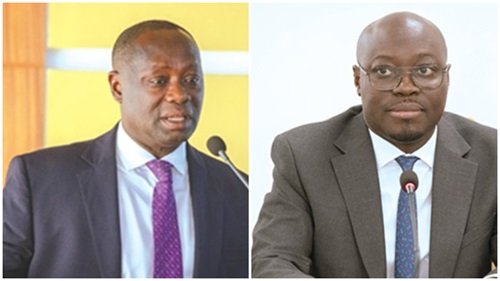
He added that this was not an attempt at political maneuvering but rather an act of constitutional compliance and practical governance. “The President was fulfilling the Constitution in a moment needing legal clarity.”
For Barker-Vormawor, the broader lesson is that misinformation can easily distort public understanding of constitutional matters if left unchecked.
He argued that even well-meaning citizens can fall victim to conspiracy narratives if those in authority fail to clarify issues promptly and thoroughly.
As Ghana navigates this period, he stressed, there is a need for both government and civil society to prioritize education, ensuring that the constitutional roles of a Deputy Minister and caretaker ministers are well understood.
Failure to do so, he warned, could leave room for speculation that undermines trust in the system.
READ ALSO: Qatari Prime Minister, Egyptian President Discuss Efforts To Reach Gaza Ceasefire




